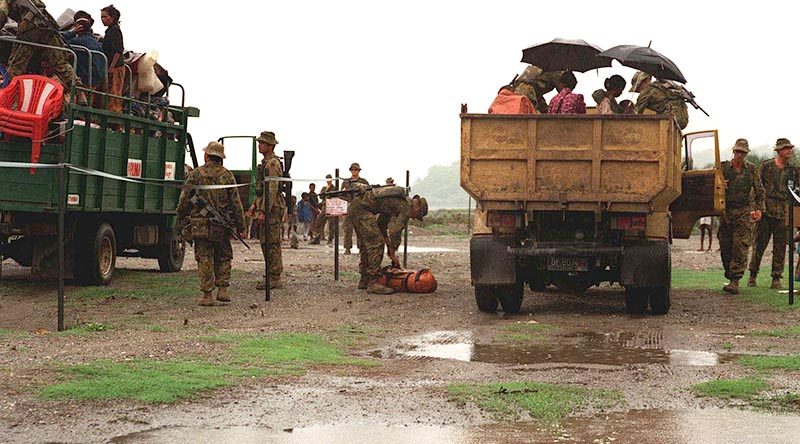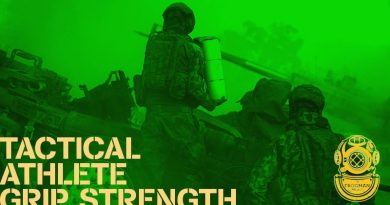What is PTSD?

What is PTSD?
Post-traumatic stress disorder (PTSD) is a particular set of reactions that can develop in people who have been through a traumatic event which threatened their life or safety, or that of others around them.
This could be a car or other serious accident, physical or sexual assault, war or torture, or disasters such as bushfires or floods. As a result, the person experiences feelings of intense fear, helplessness or horror.
4 Common Signs of PTSD and how exercise can help them
Difficulties sleeping (bad dreams/ flashbacks, or issues falling or staying asleep)
People who have PTSD may find that they have difficultly sleeping. This may be because people who are struggling may feel the need to be ‘on alert’ at all times which prevents them from getting a restful sleep, they worry and have negative thoughts, some may have nightmares, some may use drugs and alcohol to help them cope.
To help with sleeping difficulties, aside from consulting with a specialist, a few things that you can do include:
- Sticking to a strict sleep/wake routine
- Stop doing anything stressful 2 hours before bedtime. This includes work
- Create a relaxing sleep routine
- Beware of what you are drinking and eating before bed. Alcohol has been known to disrupt sleep
- Also make sure that you do some exercise each day – but not right before bed!
A nationally representative sample of more than 2600 men and women, ages 18-85, found that 150 minutes of moderate to vigorous activity a week, which is the national guideline, provided a 65 per cent improvement in sleep quality. People also said they felt less sleepy during the day, compared to those with less physical activity.
Feeling depressed, having negative beliefs about yourself, others or the world and trouble feeling positive emotions (e.g. love or excitement)
Exercise is a great additional treatment for depression (aside from seeking the help of a professional) and there have even been studies investigating the use of exercise in the treatment of people with severe PTSD.
In Australia, it’s estimated that up to 5 per cent of people will experience PTSD, with an increase in cases since Aussie troops first went to war in Afghanistan in 2001.
PTSD not only affects your mental health, but it is also linked to chronic diseases including obesity, substance abuse, diabetes and cardiovascular disease. Gaining weight and losing fitness can often make symptoms worse.
Doing regular physical activity is a good way to help prevent or manage mild depression.
Exercise may also change levels of chemicals in the brain, such as serotonin, endorphins and stress hormones.
In an Australian clinical trial with 81 subjects, mostly former soldiers and police officers, patients were randomly assigned two types of treatment. Half received the usual care (group therapy, medication and psychotherapy), while the other half received a low-cost structured, individualised exercise program for a 12-week period, as well as the usual care.
The study found that patients who received the exercise program in addition to the usual care showed greater improvements in symptoms of PTSD compared to those who received the usual care alone.
Furthermore the benefits of the exercise program extended well beyond improved mental health.
Lack of motivation and feeling less interested in doing things you used to enjoy
One issue with getting people who are depressed to exercise, is the fact that they are often lacking motivation, but once you get them started for a good duration, they usually find that it will improve their mood and their fitness.
Furthermore once they get over the initial shock of getting started, energy levels should increase and therefore their mood should lift
Detaching from friends and family and feeling emotionally flat and numb
Many people suffering from PTSD will detach themselves from their family and friends. However, it has been found that exercising with others can help to make people feel less alone as it allows them to re-engage with other people and increase their social interaction in a positive environment.
If you suffer from PTSD it may be a good idea to join an exercise group with other suffers as it has been found that engaging with others in a similar situation can help you get through it together
.
.
.

.
.





Great article. We should be aware of this PTSD.